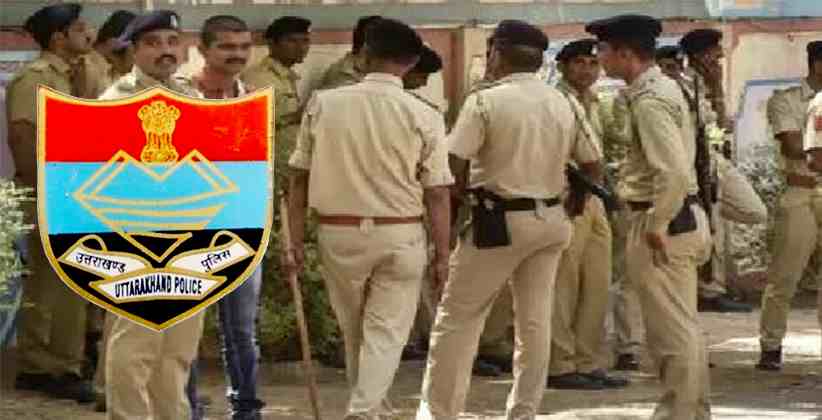In Uttarakhand, more than 2000 police personnel have tested Covid positive in the second wave. Data shared by authorities revealed that 93% of the infected had received both doses of vaccine before contracting the infection.
A total of 2382 policemen tested Covid positive while they were on duty between April and May. Out of them, 2204 have already recovered while five deaths were reported. As per the data, two out of the five policemen who died had comorbidities. The other three policemen were not vaccinated.
When enquired about the large number of infections, Uttarakhand police spokesperson & DIG (law and order) Nilesh Anand Bharne said that severity and casualties remain low. He also added that even the vaccine manufacturers have admitted that vaccination does not guarantee that one would not contract the virus.
Also See: New mutants of Coronavirus
It is important to note that some of the policemen who died of Covid19 were deployed on duty at the Kumbh Mela in Haridwar. DIG (law and order) Bharne has said that there is no link between their deaths and the Kumbh gathering.
There were 751 infections within families of police personnel who tested Covid positive. This included 64 cases that led to fatalities.
In the first wave of the Covid19 pandemic, 1,982 police personnel had tested positive and eight had died.
According to an analysis of the data, a total of 4,364 police personnel have so far tested positive since the pandemic started last year and 13 of them have died.
Details of enforcement activities carried out and help extended to needy people during the lockdown through the ‘Mission Hausla’ programme were also shared by the police.
Is there any possible connection with Kumbh Mela
Such a high number of positive cases among policemen should naturally trigger any observer to ask about the connection with Kumbh Mela, which has already been denied by the DIG-Law & order
As India had registered another 169,000 new Covid-19 cases on April 12 to overtake Brazil as the second-worst hit country, three million people had gathered on the banks of Ganga in Haridwar.
On March 21, a full page newspaper advert featuring PM Narendra Modi, invited devotees to the festival, assuring them that it was “clean” and “safe”.
As the religious festivities got into full swing in March, Covid testing capacity was criticized as inadequate. Masks, though mandatory, were largely absent at the gatherings. The Uttarakhand chief minister, Tirath Singh Rawat, from BJP party, had earlier told devotees that “faith in God will overcome the fear of the virus”. He was among the millions pictured taking part in the rituals wearing no face covering. He went to Haridwar and showered flowers on seers, seeking their blessings. State Police and other security agencies overseeing the event had said that if they were to enforce social distancing, “a stampede-like situation may arise”.
Also Read: Issues faced by India in dealing with Covid 19 resurge- Is it too late to contain the Second Wave
A look at the data around the Kumbh Mela and comments by experts
Though the DIG Law and order is saying that the severity is not high, the following data cannot be ignored.
A total of 3.1 million devotees bathed in the Ganges on April 12.
Around 2,000 people had tested positive for Covid-19 in Haridwar, from April 10 to April 14.
Covid19 cases in Uttarakhand state during the Kumbh Mela increased by 1,800%.
The comment by a globally acclaimed expert on public health on the Kumbh situation in India also made a poignant point which cannot be unseen.
Professor Ashish Jha is one of the world’s most highly regarded experts on global health. He is the Dean of Brown University’s School of Public Health. In early May, in an interview with Karan Thapar, he said that the Modi government’s refusal to accept advice from its own scientists as well as its refusal to be guided by indisputable data is one of the main causes of the Covid-19 crisis in India.
The professor also added that the Kumbh Mela shahi snans, held in March and April, when two and three million people gathered together without masks and social distancing, would be the biggest super-spreaders in this pandemic’s history.
Also Read: After Prof Ashish Jha, the Lancet journal heavily criticized GOI over Covid19 situation in India
The data raises questions on the veracity of the statement given by the DIG (Law and Order), Uttarakhand.
Whatever the official claims may be, it should not be ignored that the virus does not care whether one is a believer or atheist, a cop or a common public, a simple voter or a CM.





